Public interest media are essential to democracy and to development: ensuring people have access to trusted information, understand their rights and responsibilities and those of their leaders. Yet they have never been more under threat from political and legal pressures and economic downturn.
The Protecting Independent Media for Effective Development (PRIMED) consortium is working with media partners in Bangladesh, Sierra Leone and Ethiopia – three very different contexts – on editorial development, training and support to build resilience to political and economic pressures. Our research and evaluation across this project will build on the PRIMED consortium’s existing extensive knowledge, and further the media development sector’s understanding of what works in creating sustainable independent media.
This work has never been more urgent: the economic impacts of the COVID-19 pandemic have intensified pressure on public interest media outlets around the world, even as their critical public role becomes even more clear as the antidote to a raging ‘info-demic.’
Led by ���˿��� Media Action, core consortium partners include , and the . Further support is provided by and .
- In Sierra Leone, where the lively and diverse media scene is in economic crisis, and rarely a source of trusted and impartial information, PRIMED provides intensive support to selected media outlets to improve professional standards, audience understanding and operating models and skills. Amid attempts to introduce independent media regulation, PRIMED helps to inform, support and moderate dialogue among sector stakeholders to help shape legislative, regulatory and legal processes toward a more independent, and more trusted and impartial, media environment.
- In Ethiopia, PRIMED supports efforts to establish a new public interest media tradition in a country that has been witnessing a democratic transition but remains fractured along political, economic and ethnic lines. PRIMED is helping to build technical expertise, professional editorial standards, and stronger institutional and financial foundations to help develop existing media partners into public-interest models.
- In Bangladesh, rapid economic progress toward lower-middle-income status has not been matched by growth in public-interest media. We are supporting media partners to develop stronger audience insights and more professional and relevant content, more efficient production, and broader offerings across multiple, revenue-generating platforms. This approach makes the case for media in the public interest as key to economic viability, contributing to a future in which media outlets may be financially independent and less prone to co-option.
PRIMED has a flagship learning component focusing on knowledge sharing across the globe, generating evidence on what works (and what doesn’t) to support media viability, coalition building, gender and the media, and public subsidy.
Our learning is shared through research briefings, videos, policy reports and analysis, blogs, webinars and podcasts, through our consortium and our communication and coordination partners: and The (links to third party sites).
PRIMED insight and learning
-
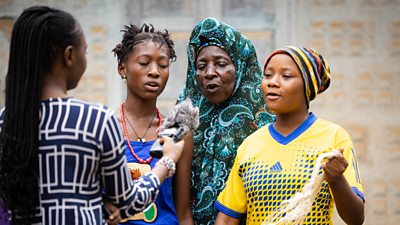
Learning brief 2024: Strategies to support public interest media
This brief is the final in the series of learning briefs generated through PRIMED. It outlines what works and what doesn't, providing practical recommendations for designing future media development programmes. -

Learning brief 2024: Gender equality in the media
This brief looks at what business and management structures and processes have the potential to improve gender equality in the workplace, gender-sensitive programming and engagement with diverse audiences. -
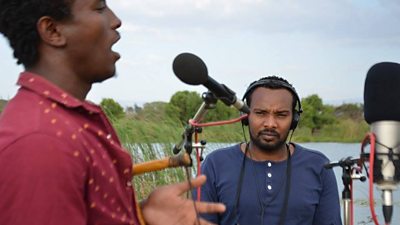
Learning brief 2024: Media viability
This brief looks at what strategies and solutions in areas such as revenue generation, audience development, organisational management and digital development are effective in supporting the financial viability of independent media in fragile contexts. -
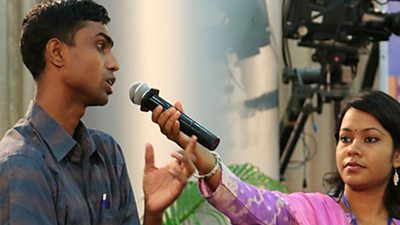
Learning brief 2024: Public subsidy to independent media
The focus of this paper is on diverse models of public subsidy and which are likely to work in sustaining independent media, while fostering innovation and guaranteeing independence. -
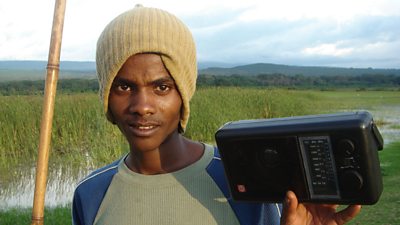
Learning brief 2024: Coalitions to support media freedom
This brief examines which factors are most effective in enabling locally driven coalitions to emerge and thrive through externally supported media development efforts.
Learn more about the PRIMED project
-
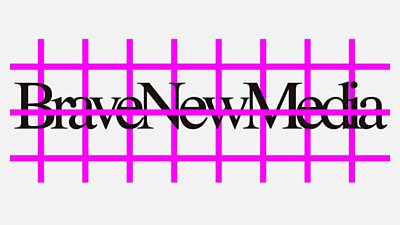
Brave New Media - our podcast is live!
Brave New Media is a new podcast by ���˿��� Media Action for PRIMED. -
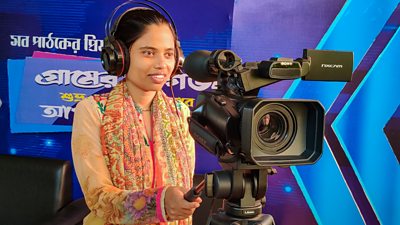
A journalist with a vision - our work with PRIMED in Bangladesh
When we began working with Gramer Kagoj (Village Paper) through our Protecting Independent Media for Effective Development (PRIMED) consortium in southeast Bangladesh, we found just one female reporter. Read Sopna's story. -
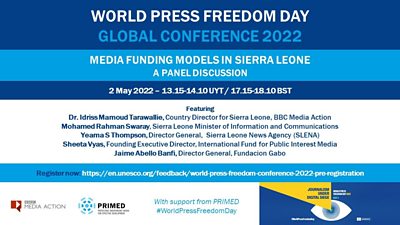 Check out the panellists, the Sierra Leone National Action Plan and the research behind our event at the Unesco World Press Freedom Global Conference in Uruguay.
Check out the panellists, the Sierra Leone National Action Plan and the research behind our event at the Unesco World Press Freedom Global Conference in Uruguay. -
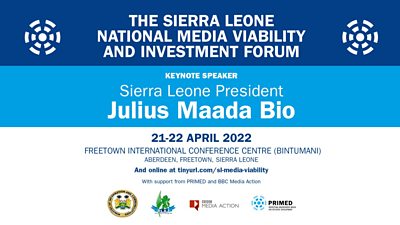
Sierra Leone's national conference on media
Rewatch the national conference to set out an action plan for public interest media in Sierra Leone, and read the research. -
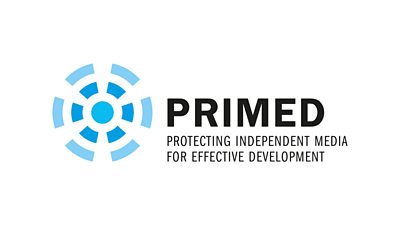 Read a summary of our plans for PRIMED.
Read a summary of our plans for PRIMED. -

Media for change: Sierra Leone's Classic Radio
Sierra Leone
PRIMED initial insights
-
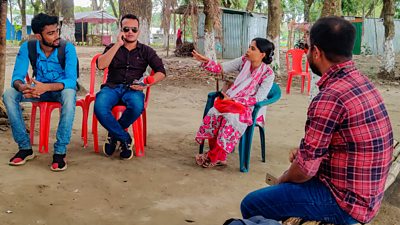
Learning brief 2022: Gender
This learning brief examines key issues of media and gender, looking at ways to empower women as media consumers, content producers and voices in the media. -
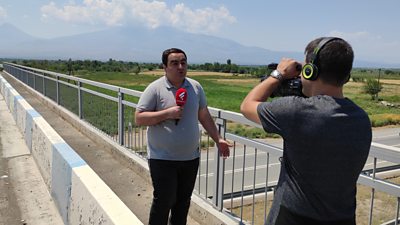
Learning brief 2022: Media viability
This learning brief builds on the findings of our Working Paper on media sustainability. -
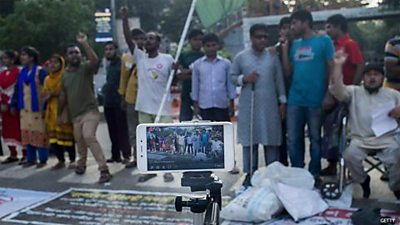 This learning brief is based on the findings of a workshop held in 2021 and organised by IMS (International Media Support).
This learning brief is based on the findings of a workshop held in 2021 and organised by IMS (International Media Support). -
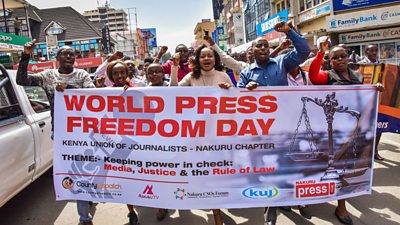 In this first Working Paper for PRIMED, our Head of Policy James Deane examines whether public subsidy for independent media is realistic. (Download link)
In this first Working Paper for PRIMED, our Head of Policy James Deane examines whether public subsidy for independent media is realistic. (Download link) -

Helping media partners better understand and engage their audiences
This summary looks at findings from ongoing research, under the PRIMED project, which helps media partners build a picture of audience profiles and needs, equipping them with insight to improve output. -
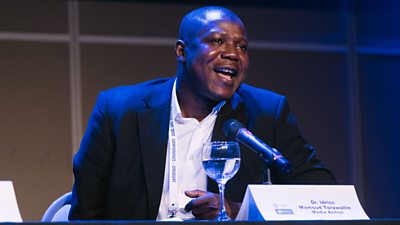
A journey towards viable and trusted public interest media in Sierra Leone
Our Sierra Leone country director reflects on Sierra Leone's commitments to support public interest media -
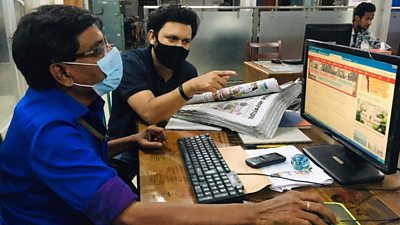
The ultimate 'stress test': building coalitions for media support
Is building effective coalitions between international partners and local media organisations the ultimate ‘stress test’? On ���˿��� Media Action Insight, read how our PRIMED project supports coalitions to share best practice and unlock funding. -
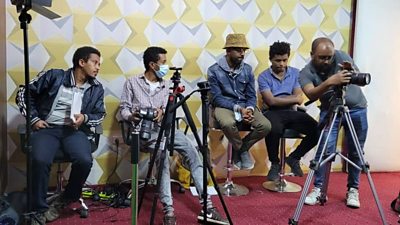 Read the thoughts of media leaders about their experiences of coalition building, and what they have learned.
Read the thoughts of media leaders about their experiences of coalition building, and what they have learned. -

Gender and media viability: Making a business case for diversity
This article by PRIMED partner Media Development Investment Fund (MDIF) explores media viability from a gender perspective, and why putting women in focus is important for building viable and sustainable news organisations. -
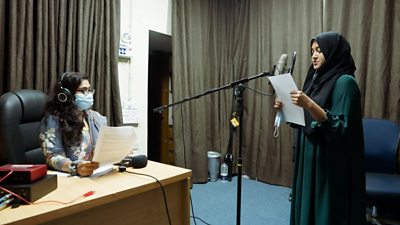 A joint insight piece with our PRIMED partner Media Development Investment Fund explores strategies for public interest media amid the pandemic (leads to MDIF website).
A joint insight piece with our PRIMED partner Media Development Investment Fund explores strategies for public interest media amid the pandemic (leads to MDIF website). -
 This piece by PRIMED partner Free Press Unlimited examines the roles of competition law, copyright protection and bargaining in supporting public interest media.
This piece by PRIMED partner Free Press Unlimited examines the roles of competition law, copyright protection and bargaining in supporting public interest media.
PRIMED is funded by the .
Read our November 2020 press release formally launching the project.
And read our press release from the UK- and Canada-hosted Global Conference for Media Freedom conference in July 2019.
Where we work
-
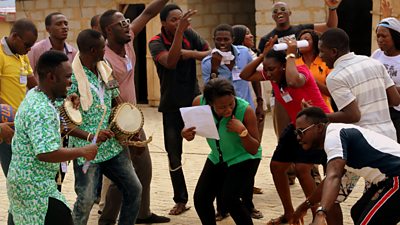
In Africa
Delve into our projects in Africa which range from media training to radio and TV programmes to tackle key development issues. Learn more here. -
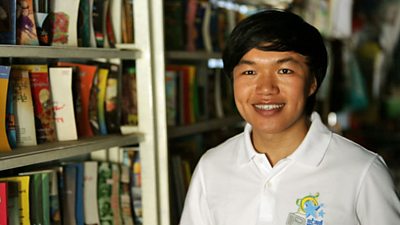
In Asia-Pacific
Explore the breadth of our projects in Asia which achieve impact through innovative mobile phone services, TV debate shows and traditional street theatre. -
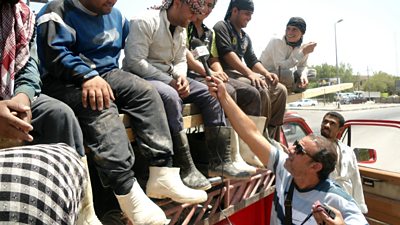
In Middle East & North Africa
Learn more about our longstanding media training projects and programmes that strengthen media development and provide a forum for trusted dialogue. -
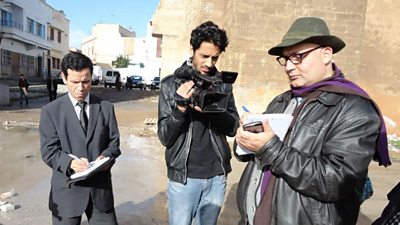
In Europe & Caucasus
Our projects increase trusted, inclusive and independent media programming to help people make sense of events in their countries and engage in dialogue – ultimately bringing societies together.

